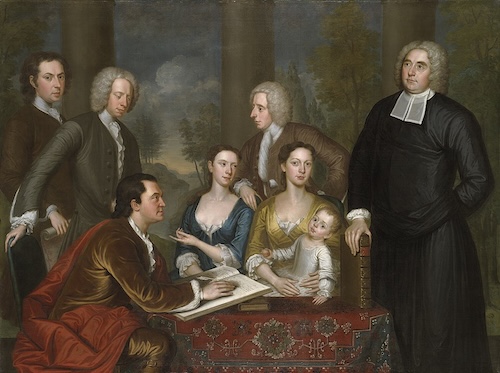In colonial society, landowners held significant power and influence. Land ownership was closely tied to wealth, status, and political rights. While not all colonists owned land, those who did—especially those with large holdings—shaped much of the social and economic life of the colonies.
Daily Life and Responsibilities
Most landowners were white men who had acquired land through inheritance, purchase, or grants like the headright system. On small farms, landowners worked alongside their families to grow crops, raise animals, and maintain their property. In larger plantations, especially in the Southern Colonies, landowners often managed enslaved laborers or indentured servants who did the bulk of the work.
Landowners oversaw planting, harvesting, building structures, and trading goods like tobacco, rice, and cotton. They were also responsible for resolving local disputes, maintaining fences and boundaries, and paying taxes.

Limitations and Challenges
While landowners had more privileges than most, they still faced challenges. Harsh weather, crop failure, and illness could lead to debt or the loss of land. Conflicts with Native communities often arose as settlers expanded into new territories. In some areas, legal battles over land boundaries or unpaid debts created lasting tensions.
Not all landowners were wealthy. Many small farmers struggled to make ends meet and competed with larger plantations for access to markets and resources. In New England, land was sometimes scarce and divided among heirs, making it difficult for younger generations to inherit enough to farm independently.
Contributions to Colonial Society
Landowners played a central role in shaping colonial economies and governments. They provided food, raw materials, and trade goods that supported both local communities and overseas markets. Many served as local officials, voting in colonial assemblies or holding leadership roles in towns and counties.
Their homes often served as gathering places for community meetings, religious services, or court sessions. In Southern Colonies, wealthy plantation owners influenced decisions about laws, labor systems, and expansion. Although their power was not shared equally, landowners helped structure the colonial class system and shaped the long-term development of colonial society.
